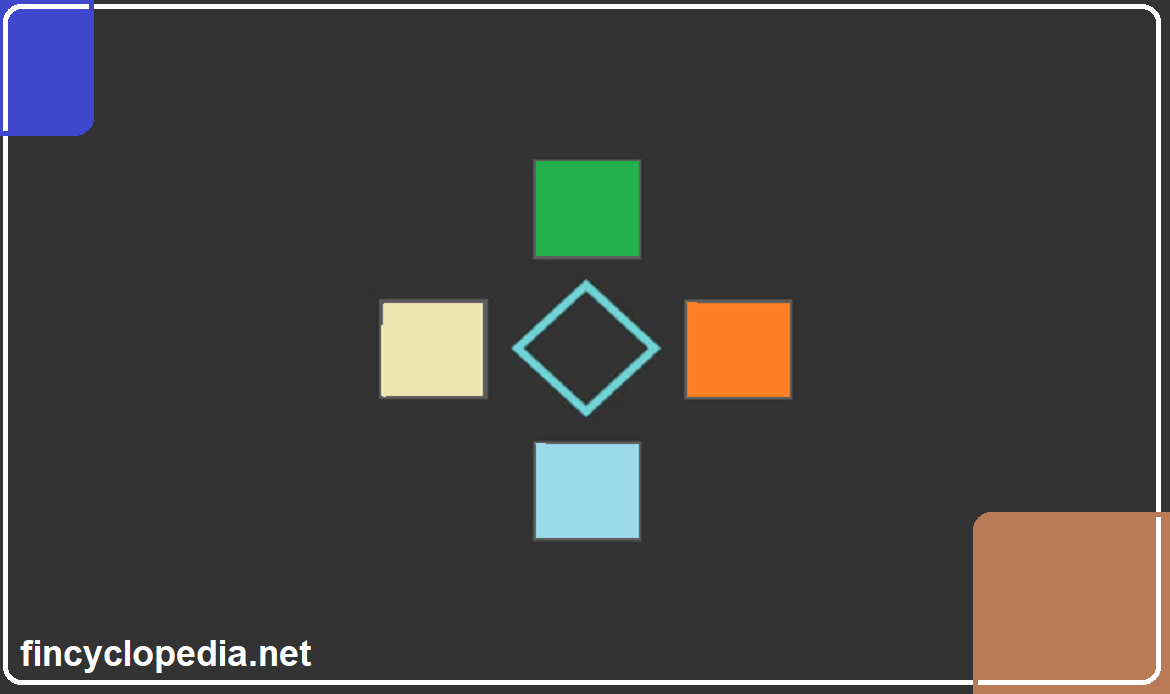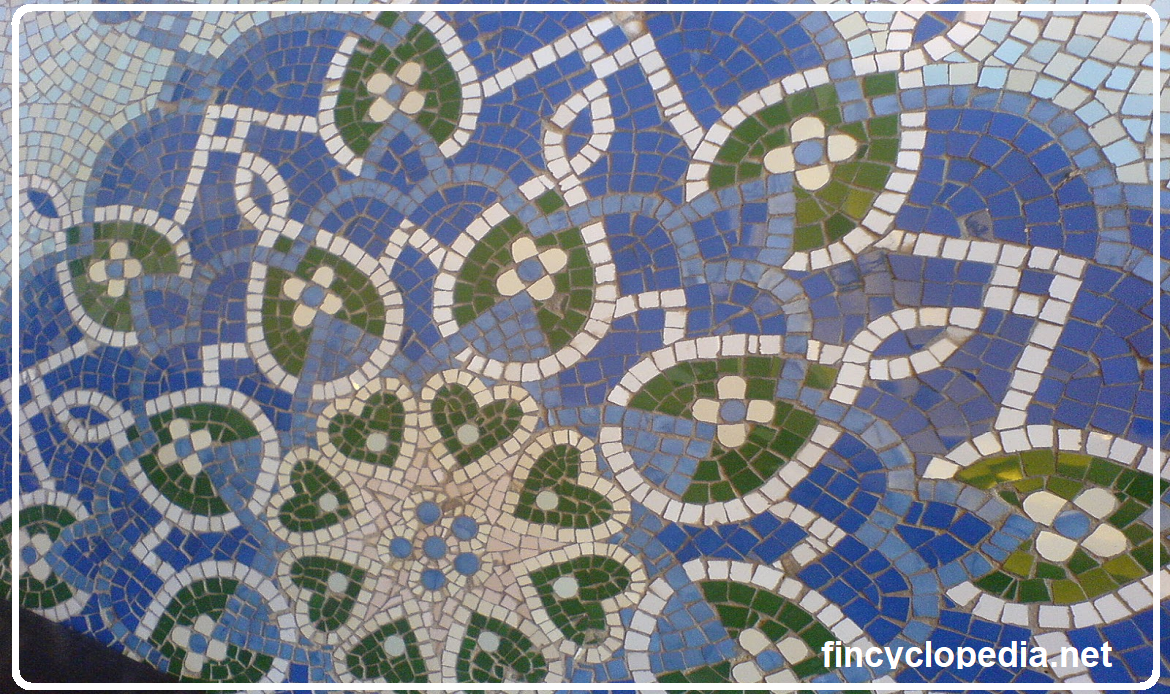Murabaha is a trading and financing mode involving the sale of goods (commodities) at cost plus a profit mark-up (ribh) agreed on by the two parties to the transaction. The seller must reveal to the buyer the exact, actual cost of the underlying in addition to the required profit. In the area of institutional Islamic banking and finance, murabaha involves the sale of a commodity by an institution to its customer (based on promise (wa’ad) or with no promise) at the agreed on price.
Commodity murabaha is by nature a short-term placement mechanism (a treasury transaction) through the purchase and sale of commodities for liquidity or liquidity management considerations. It is often referred to as reverse murabaha or tawarruq.
The main differences between murabaha and commodity murabaha are:
- In a commodity murabaha, and contrary to murabaha, the buyer normally seeks to sell the commodity immediately in the same market (and hence is a type of tawarruq).
- Murabaha mainly consists of one transaction (between the seller and buyer), while commodity murabaha includes in addtion to the murabaha transaction (or stage), the liquidation stage where the buyer in the first transaction turns into a seller by selling or liquidating the underlying commodity.







